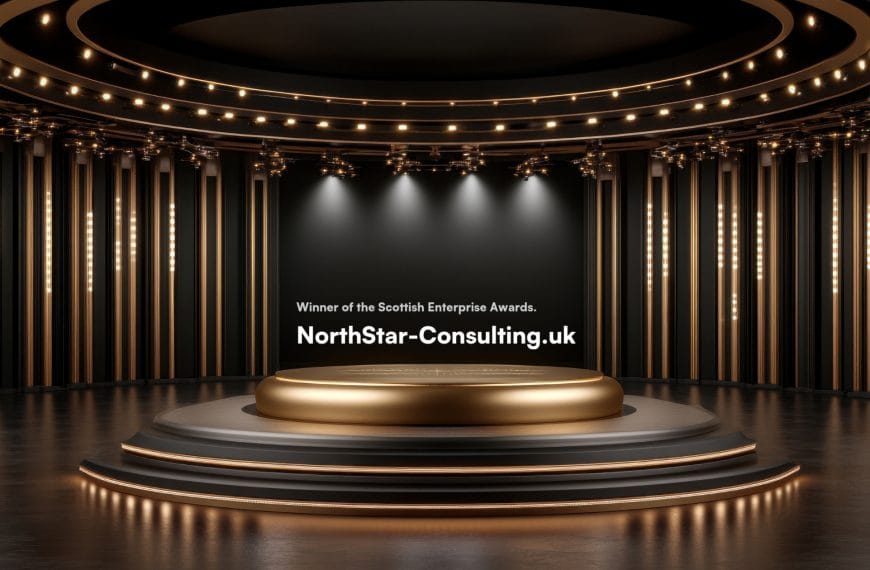In an era where corporate risk radiates across borders, robust Know Your Customer (KYC) and Anti-Money Laundering (AML) due diligence is a strategic imperative. As enforcement actions intensify across the UK, EU, US, and Asia, businesses face mounting pressure to shield themselves from financial misconduct, cross-border bribery, and reputational collapse.
Companies face a complex, high-stakes compliance landscape, shaped by regulations like the UK Bribery Act and the US Foreign Corrupt Practices Act (FCPA). This includes new EU anti-corruption directives and tighter AML frameworks across Asia. Without rigorous due diligence, businesses navigating M&A deals or expanding supply chains risk significant legal liabilities, ESG backlash, and irreversible trust erosion.
Legal, Financial and Reputational Fallout
Today’s regulators wield sharper tools and broader mandates.
The UK Serious Fraud Office aggressively enforces the Bribery Act 2010, penalising companies for failing to prevent corrupt practices. Across the Atlantic, the US Department of Justice and Securities and Exchange Commission impose multi-million dollar penalties under the FCPA for bribing foreign officials.
Meanwhile, the EU’s Sixth Anti-Money Laundering Directive and Asia-Pacific watchdogs are rapidly closing loopholes that previously allowed illicit funds to cross borders undetected.
When acquiring another business, failure to detect embedded bribery or financial misconduct can have severe legal and financial repercussions. Corruption can inflate earnings and valuations, causing buyers to overpay and inherit liabilities that may surface only under regulatory scrutiny. In a volatile market, such surprises can be fatal, potentially draining cash flow, triggering legal settlements, and provoking shareholder revolt.
Yet financial loss is often just the beginning. A single corruption scandal can trigger global media scrutiny, investor exits, and consumer backlash. In the ESG-driven investment landscape, the ‘S’ (Social) and ‘G’ (Governance) factors hold significant weight. Companies linked to scandals often face exclusion from investment portfolios and supplier shortlists, irrespective of their operational strengths.
Today’s Business Outlook: A Storm of Uncertainty
The global business climate grows increasingly volatile. Since the Covid-19 pandemic, supply chains have fragmented under pressures from labour shortages, geopolitical conflicts, and climate-linked disruptions. Sanctions, tariffs, and export controls have become more common, especially concerning trade between the West, Russia, and China.
These pressures force businesses to engage unfamiliar intermediaries and third-party vendors, often located in high-risk jurisdictions.
Regulatory cohesion is growing within the European Union, as member states tighten cross-border financial crime detection and harmonise enforcement approaches. Meanwhile, nations like Singapore, Hong Kong, and South Korea are strengthening their AML measures to maintain their standing as international financial centres in Asia. However, other Asian regions, particularly emerging economies, remain hotspots for bribery and opaque dealings, underscoring the critical need for rigorous due diligence.
Expanding into new markets without mapping local corruption risks resembles navigating a minefield blindfolded. In this challenging environment, some companies may cut corners to stay afloat, only to find these shortcuts lead to regulatory probes and irreversible reputational damage. KYC and AML checks are not mere tick-box exercises; they function as crucial early warning systems. Effective checks can save millions in potential losses and preserve long-term enterprise value.
Long-Term Benefits: A Strategic Advantage in a Changing World
Forward-thinking companies are already reaping rewards by integrating anti-bribery due diligence into their core business strategy.
Instead of reacting to issues, they leverage robust screening protocols to assess partner integrity, identify potential risks early, and prevent financial, legal, and operational setbacks.
By aligning compliance with transparency and accountability, these firms build trust with regulators, shareholders, and customers. Transparent reporting and proactive disclosures often result in greater leniency during enforcement actions, especially when supported by a credible history of ethical conduct. Furthermore, regulatory authorities frequently reward companies that self-report misconduct with reduced penalties, an incentive structure favouring readiness over remediation.
In capital markets, compliance excellence provides a distinct competitive edge. ESG-driven investors increasingly channel capital into businesses demonstrating principled governance and risk-aware growth strategies. Lenders also prioritise firms with strong internal controls, potentially offering favourable loan terms, greater access to green finance, and preferential treatment during credit assessments.
Anti-bribery diligence also enhances deal certainty in mergers and acquisitions. Sellers presenting clean financial records and audited compliance histories become more attractive to buyers, often commanding higher premiums. Conversely, buyers investing in thorough forensic due diligence significantly reduce their exposure to post-deal liabilities, integration delays, and potential investor disillusionment.
Due Diligence as a Corporate Lifeline
As financial systems grow more complex and regulatory scrutiny intensifies, KYC and AML due diligence has evolved beyond an administrative task. It now serves as a strategic corporate lifeline, shielding businesses from litigation, severe reputational damage, and catastrophic loss, while reinforcing ethical leadership and future-ready operations.
Across the UK, Europe, and Asia, the message is clear: robust anti-bribery controls are indispensable. In these turbulent times, due diligence transcends mere protection—it underpins performance. Companies prioritising it now will likely stand strongest when future crises emerge.
NorthStar Consulting provides actionable insights using advanced data analytics. Read The Pulse for the latest updates on emerging technologies and subscribe to our newsletter for news and updates, funding opportunities, in-depth analyses and reports.




